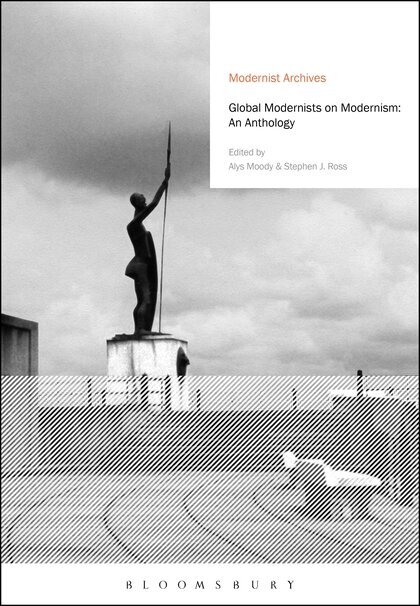Poetry, Translation, and the Circulation of Global Modernism: A Roundtable and Reading with Emily Drumsta, Klara Du Plessis, Ariel Resnikoff, and Sho Sugita
Moderated by Alys Moody and Stephen Ross
Thursday, 12 November, 2020 (US): 6:00-8:00pm EST / 3:00-5:00pm PST / 11:00pm-1:00am GMT (sorry, UK!) or Friday, 13 November, 2020 (Australia/Asia): 10:00am-12:00pm AEDT / 8:00-10:00am JST
Global modernism exists only in translation. Its condition of possibility is the circulation of texts through time and space, across languages and in languages that are not the texts’ own. Historically speaking, the texts we think of as modernist are, almost without exception, the products of lively eras of translation in an expanded sense that reaches beyond the strict remit of textual translation between languages. In order to have global modernism, then, there must be translation and, necessarily, its distortions. Global modernism, by foregrounding this established problematic of translation in the context of an awareness of the unevenness of global exchange, highlights the centrality of language politics to modernist literary creation.
The study of global modernism, too, relies on active and continuous translation efforts. Contemporary translators, many of them themselves practicing poets or writers, are increasingly making available modernisms from around the world. In doing so, they underscore the extent to which modernists so often regarded translation as a primary creative act rather than secondary or derivative one.
This roundtable and reading features the work of four scholars and translators of modernist poetry who contributed original translations to the anthology Global Modernists on Modernism (Bloomsbury, 2020) and whose efforts shine illuminating cross-lights on the modernist labour of translation. As several of our participants are also practicing multilingual poets, the event will offer an occasion to listen to and reflect on the contemporary legacies of modernist poetics.
This conversation, held under the shared auspices of the Literature Program at Bard College and Concordia University’s Centre for Expanded Poetics, is the second of a three-part series exploring global modernism, in celebration of the publication of Global Modernists on Modernism. It was preceded by a roundtable on “Editing Global Modernism” held on October 23rd and will be followed by a workshop on pedagogy and global modernism on Friday, 4 December, 1:30-4:30pm EST.
**To receive the Zoom invitation for this event, please email amoody@bard.edu. Invitations will be sent out on the morning of the event.**
Speakers
Emily Drumsta is an Assistant Professor of Comparative Literature at Brown University, where she works on modern Arabic and Francophone literatures. Her translation, Revolt Against the Sun: A Bilingual Reader of Nazik al-Mala'ika's Poetry was awarded a PEN/Heim Grant in 2018 and is forthcoming with Saqi Books in January 2021. She is a co-founder of Tahrir Documents, an online archive of newspapers, broadsides, pamphlets, and other ephemera collected in Cairo’s Tahrir Square during the 2011 Egyptian uprisings. Her translations have been published in McSweeney's, Asymptote, Jadaliyya, Circumference, and the Trinity Journal of Literary Translation. Emily contributed translations of Nazik al-Mala’ika’s critical writing to the anthology’s section on Modernism in the Arab World.
Klara Du Plessis is a second year, FRQSC-funded PhD student in English Literature at Concordia University, focusing on contemporary, Canadian poetry and the curation of literary events. As part of her dissertation preparation, she is pursuing a practical, experimental research creation component called Deep Curation, which approaches the organization of literary events as directed by the curator and places poets’ work in deliberate dialogue with each another, heightening the curator’s agency toward the poetic product; to date, she has curated eight such poetry readings, most recently with Sawako Nakayasu, Lee Ann Brown, and Fanny Howe at Boston University, January 2020. Klara is also deeply involved with SpokenWeb, acting both as a researcher and as the student representative of its governing board; SpokenWeb is a SSHRC-funded, multi-institutional research project, founded at Concordia, that digitizes and archives poetry readings from the past seventy years in North America. Parallel to her scholarly activities, Klara is a poet and critic, active in both the Canadian and South African literary scenes. Her writing is informed by a multilingual poetics grounded in a fluently bilingual identity in English and Afrikaans, and a curiosity about languages generally. Her debut multilingual collection of essay-like long poems, Ekke, won the 2019 Pat Lowther Memorial Award for a book of poetry published by a woman in Canada, and was shortlisted for the Gerald Lampert Memorial Award for a debut collection. Her second English collection, Hell Light Flesh, was published by Palimpsest Press in September 2020, and her first Afrikaans book, ver taal, is currently under consideration for publication in South Africa. Her chapbook, Wax Lyrical, was shortlisted for the 2016 bpNichol Chapbook Award, and she has appeared at festivals, readings, residencies, and conferences in Canada, South Africa, the U.S. and elsewhere.
Ariel Resnikoff is the author of Unnatural Bird Migrator (Operating System 2020) and the chapbooks Ten-Four: Poems, Translations, Variations (Operating System 2015), with Jerome Rothenberg, and Between Shades (Materialist Press 2014). His writing has been translated into Russian, French, Spanish, German and Hebrew, and has appeared or is forthcoming in Golden Handcuffs Review, Full Stop Quarterly, Protocols, The Wolf Magazine for Poetry, Schreibheft, Zeitschrift für Literatur and Boundary2. With Stephen Ross, he is at work on the first critical bilingual edition of Mikhl Likht’s modernist Yiddish long poem, Processions, and with Lilach Lachman and Gabriel Levin, he is translating into English the collected writings of the translingual-Hebrew poet, Avot Yeshurun. Ariel is a reviews editor at Jacket2 and a founding editor of the journal and print-archive Supplement, co-published by the Materialist Press, Kelly Writers House and the Creative Writing Program at the University of Pennsylvania. He has taught courses on multilingual diasporic literatures at the Center for Programs in Contemporary Writing (UPenn) and at BINA: The Jewish Movement for Social Change. In 2019, he completed his PhD in Comparative Literature and Literary Theory at the University of Pennsylvania, and and he is currently a Fulbright Postdoctoral US Scholar. Ariel lives on Alameda Island in the San Francisco Bay Area with his partner, the artist and designer, Riv Weinstock, and their baby, Zamir Shalom.
Sho Sugita writes and translates poetry in Matsumoto, Japan. His translation of Hirato Renkichi’s Spiral Staircase: Collected Poems (Ugly Duckling Presse, 2017) is the first book of Japanese Futurist poetry to appear in English. He is currently working on translating Japanese Dada/anarchist poetry by Hagiwara Kyojiro.
Moderators
Alys Moody is Assistant Professor of Literature at Bard College. She is the author of The Art of Hunger: Aesthetic Autonomy and the Afterlives of Modernism (OUP, 2018) and is currently working on a second book, provisionally entitled, The Literature of World Hunger: Poverty, Global Modernism, and the Emergence of a World Literary System. She is one of the general editors of Global Modernists on Modernism (Bloomsbury 2020), and section editor or co-editor of the sections on modernism in Sub-Saharan Africa, the Caribbean, the Arab world, Japan, and the South Pacific.
Stephen J. Ross is Assistant Professor of English at Concordia University. He is the author of Invisible Terrain: John Ashbery and the Aesthetics of Nature (OUP, 2017). He is one of the general editors of Global Modernists on Modernism (Bloombury 2020), and was section editor or co-editor of the sections on modernism in the Caribbean, the Arab world, and greater China.

